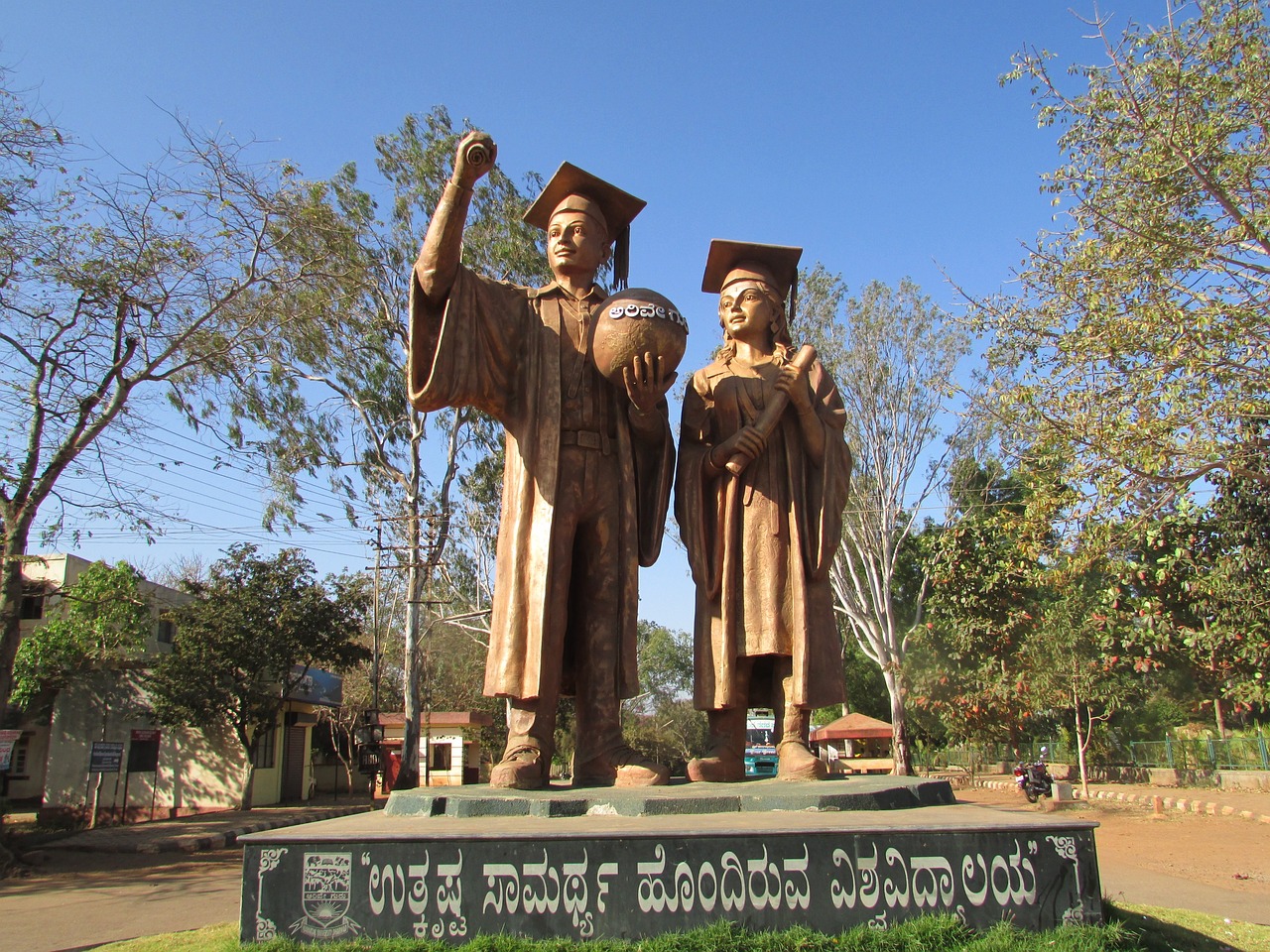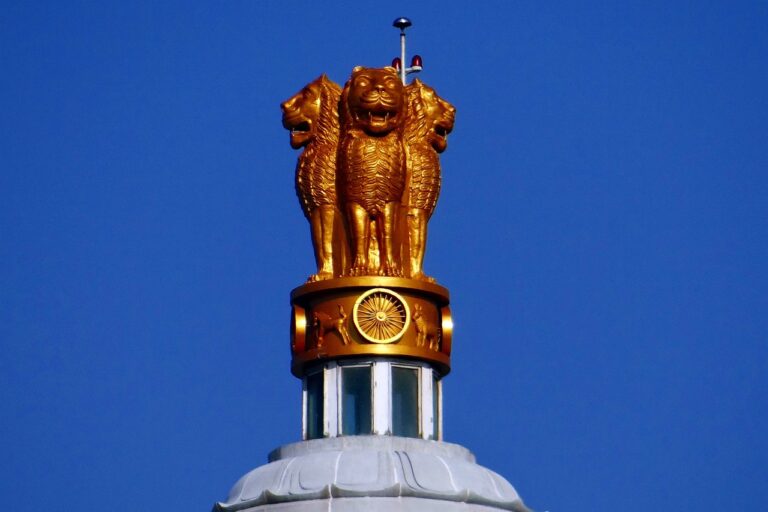The Evolution of Election Monitoring Organizations
Election monitoring has roots tracing back to the 19th century when various countries began implementing mechanisms to ensure fair and transparent electoral processes. In the United States, for example, the Office of Electoral Observers was established in the 1850s to oversee voting procedures and prevent fraud. These early efforts marked the initial steps towards formalized election monitoring systems that we see today.
Similarly, Europe saw the emergence of election monitoring practices in the late 19th and early 20th centuries. Countries such as Belgium and the Netherlands pioneered the concept of independent election observers to uphold democratic principles and safeguard the integrity of the electoral process. These early initiatives laid the groundwork for the development of election monitoring as an essential tool for promoting free and fair elections worldwide.
The Role of Non-Governmental Organizations in Election Monitoring
Non-Governmental Organizations (NGOs) play a crucial role in election monitoring. These organizations are often independent of government influence, allowing them to provide impartial assessments of electoral processes. NGOs work to ensure transparency, accountability, and fairness in elections by monitoring key aspects such as voter registration, campaigning practices, and polling procedures. By observing and documenting any irregularities or violations, NGOs help to uphold democratic principles and promote free and fair elections.
NGOs often collaborate with local communities and grassroots organizations to engage citizens in the election monitoring process. Through training programs and outreach efforts, NGOs empower individuals to participate in monitoring activities, thereby increasing the overall transparency of the electoral process. By mobilizing citizens to observe polling stations and report any discrepancies, NGOs help to strengthen the legitimacy of election outcomes and hold governments accountable for upholding democratic standards.
The Impact of International Organizations on Election Monitoring
International organizations play a crucial role in election monitoring around the world. These organizations, such as the United Nations and the European Union, provide expertise, support, and guidance to countries conducting elections. They often deploy election observation missions to assess the fairness and transparency of the electoral process.
Furthermore, international organizations help promote best practices in election monitoring and facilitate cooperation between countries. By setting international standards and guidelines, these organizations help ensure that elections are conducted in a free and fair manner. Their presence also increases the credibility of the electoral process and helps prevent fraud and manipulation.





